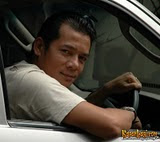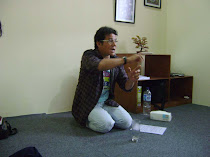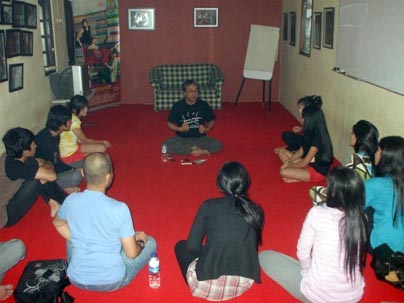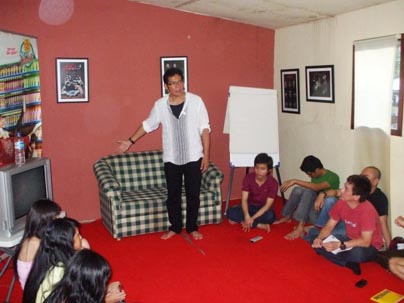Cold Reading Audition
>> 15 November 2008
Cold reading auditions are different than other auditions. Here you'll be given a script at the audition and you'll play through a scene using the script that you were giving. Most of the time you will have very little preparation, or maybe even no time preparation at all.
Since you don't have very much time to prepare, many actors find these types of auditions quite difficult. So, since they are bit on the difficult side, let's look at some helpful tips that will help you get through a cold reading audition with flair.
Tip#1-Look Down as Little as Possible
Since you may have never seen the script you are using before, you may be tempted to keep your eyes glued on your script, but you don't want to give the director just a look at the top of your head during the audition.
While you are reading through the script and doing your lines, take a quick look at your line, memorize it quickly then, deliver it whike look up so the director will be able to see your face and your expressions. Looking down from time to time is fine, just don't constantly keep your head down in the script.
Tip#2-Listen to the Character Description and Scene Setting
Make sure that you listen to the character description and scene setting that the director gives you before you get started. While you may be tempted to start looking over the lines, knowing the character description and scene setting is more important so you'll be able to understand exactly what the director is really looking for.
Tip#3- Really Communicate and "Play" the Lines
When you are reading with another actor, communication is important. Make sure that you look at the other actor you are reading with and actually communicate and "play" those lines as you speak them. Make the lines real and believeable.
Tip#4-Use Movement and Gestures
Some actors are a bit afraid to move around, but when you are at acold reading audition, using movement and gestures are fine. Just make sure that they compliment the character you are playing.
Tip#5-Watch Your Posture
Your posture is very important as well. Make sure that your posture is playing the role taht you are reading. Acting with your voices is important, but using other body language and posture is important as well.
Tip#6-Always Arrive Early
When going to cold reading auditions, always make sure that you arrive early. This way you'll be able to become a bit more familiar with the area you'll be auditioning in. You'll also make sure that you hear any announcements that are made before the audition as well.


















